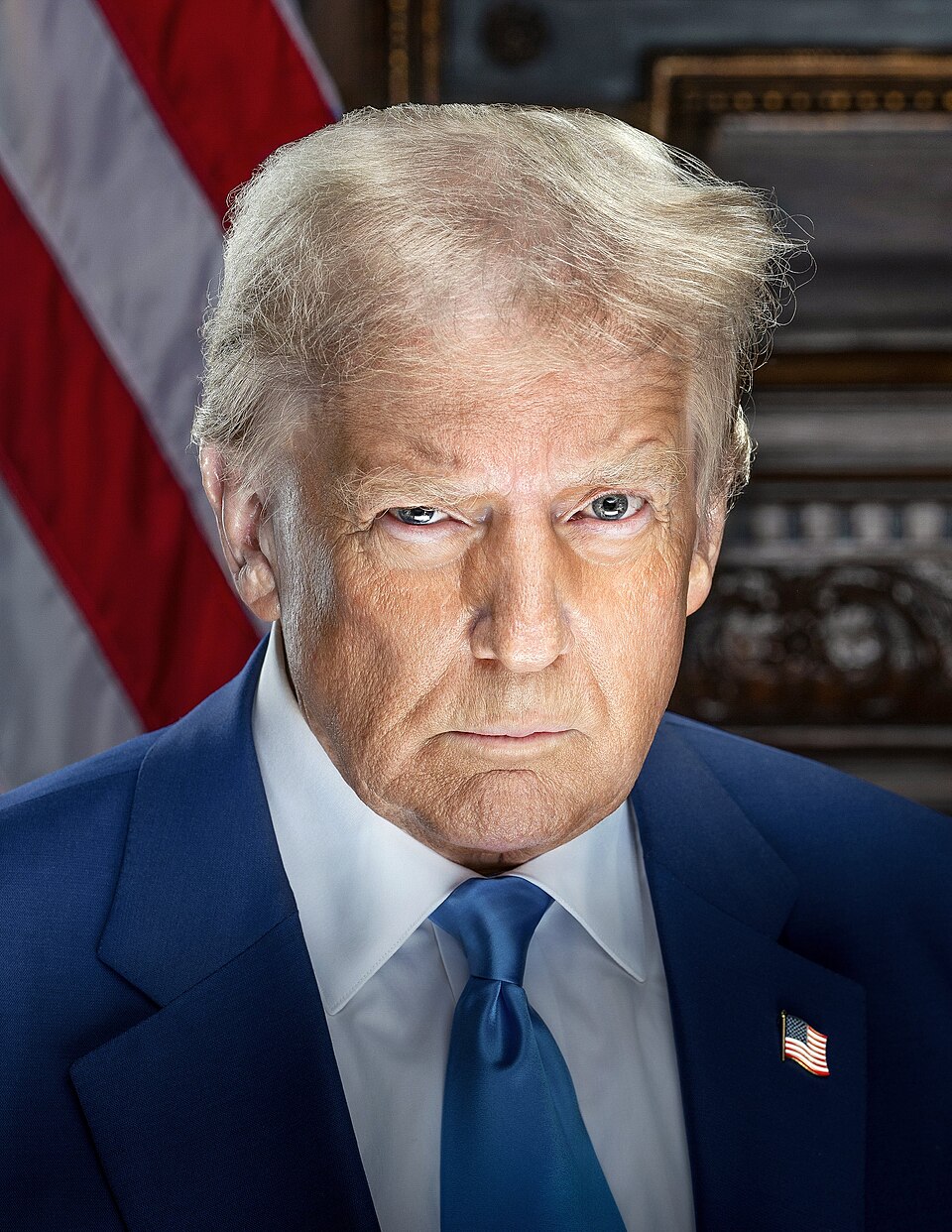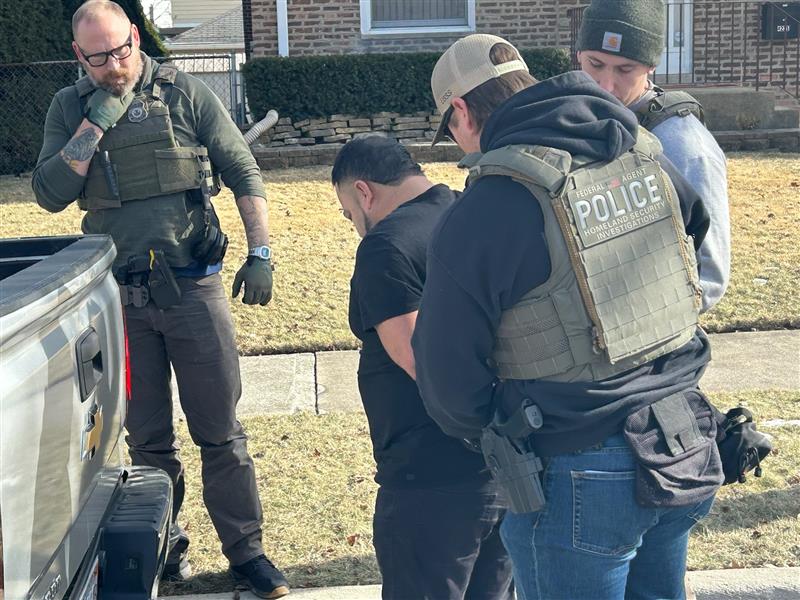- 14 3402-5578
- Rua Hygino Muzy Filho, 737, MARÍLIA - SP
- contato@latinoobservatory.org
 Foto: Daniel Torok
Foto: Daniel Torok
President Donald Trump has once again sparked controversy by publicly stating that undocumented immigrants should not be entitled to trials before deportation. According to an article in The New YorkTime, in statements made in the Oval Office before journalists, Trump complained about the limitations imposed by the judiciary on his power to expel foreigners, claiming that countries such as Congo and Venezuela would have emptied their prisons by sending criminals to the United States — an assertion without proven basis. He argued that the legal process would be too lengthy to deal with the volume of people his administration intends to remove, including, he said, murderers, drug dealers and individuals with mental disorders.
The former president's words generated strong repercussions. Lawmakers such as Democratic Representative Jonathan L. Jackson reacted harshly, classifying the speech as typical of authoritarian regimes, and recalling that due process is a fundamental guarantee of the American Constitution. The clash comes amid recent Supreme Court rulings, which temporarily blocked summary deportations of Venezuelans accused of gang affiliations, based on the old Foreign Enemies Law, rarely used since its creation in 1798.
In addition, the Trump administration faces criticism
for ignoring court decisions, such as in the case of a Salvadoran deported by
mistake and whose return was ordered by the court, but not yet carried out by
the White House. The tension between the powers and the criticism of
presidential rhetoric show that the debate on immigration in the US continues
to be marked by intense legal and political confrontations.











